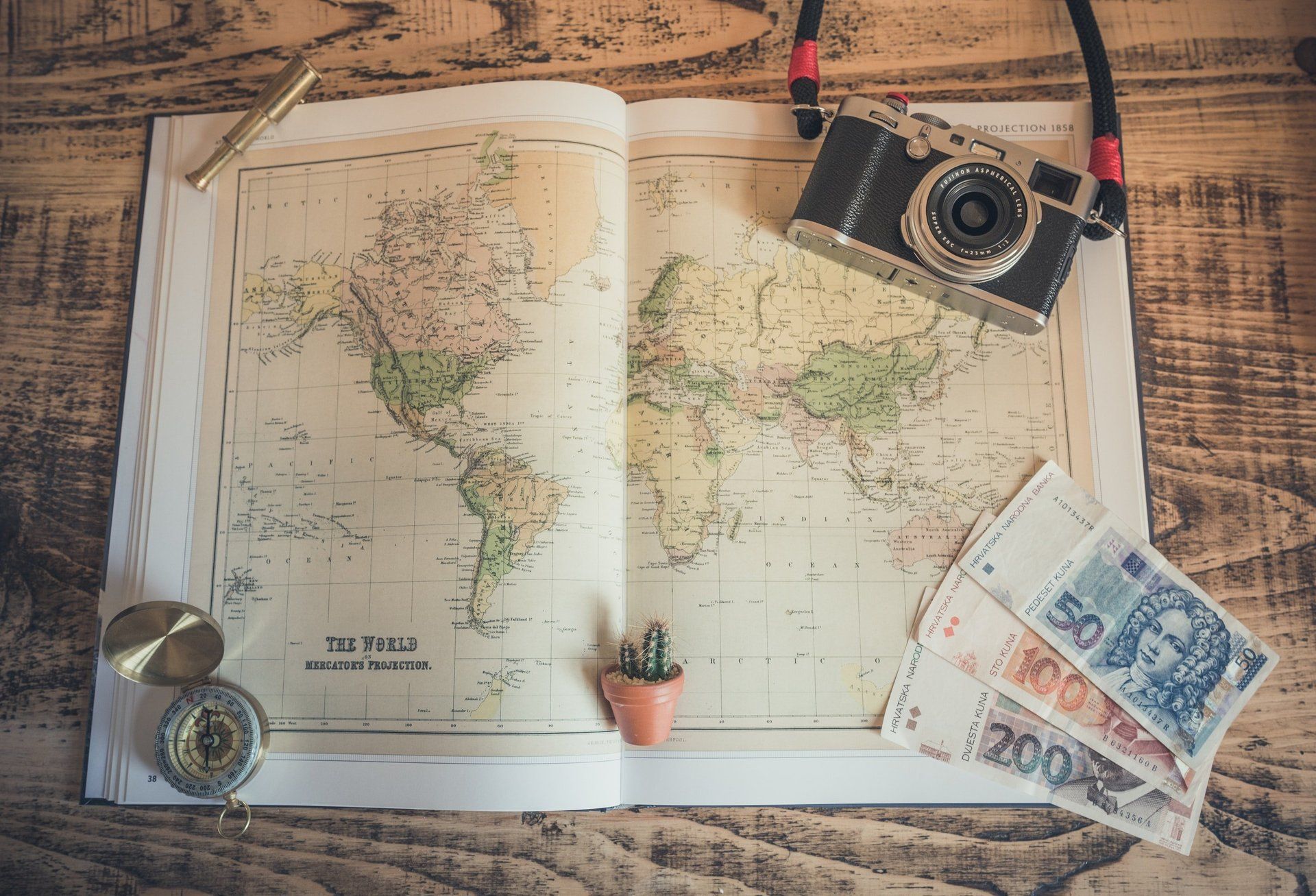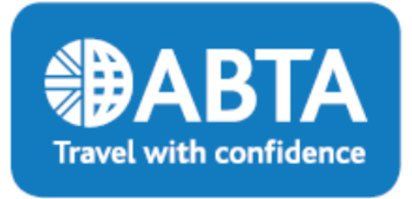The Covid-19 pandemic has brought the world to a standstill from the start of 2020 as countries close borders from the rest of the world to prevent the spread of the outbreak. The impact of the outbreak on the Global Economy of the World has been severe and tourism and travel are amongst the hardest hit of all major economic sectors.
The world is still battling to fight the outbreak of the deadly virus, but economies and travel industry are looking to rebound and build from the crisis. The recovery process will be complicated, slow and lengthy for the tourism and travel industries, it may take months or years for full recovery. The UK Government is satisfied that it is now safe to ease these measures in England and introduced travel corridor for some countries and territories, according to Department of Transport.
Travellers entering England from one of the countries with travel corridor exemption or have not been to or stopped in a country that’s not on the travel corridors exemption list in the previous 14 days will no longer have to self-isolate on arrival from 10th July onwards. The new “Travel Corridor” list – will include 59 destinations and 14 British Overseas Territories are also exempt, also this applies to all travel to England, by train, ferry, coach, air or any other route. Here’s the list of the countries and destinations are:
Andorra, Antigua and Barbuda, Aruba, Australia, Austria, Bahamas, Barbados, Belgium, Bonaire, Sint Eustatius and Saba, Croatia, Curaçao, Cyprus, Czech Republic, Denmark, Dominica, Faroe Islands, Fiji, Finland, France, French Polynesia, Germany, Greece, Greenland, Grenada, Guadeloupe, Hong Kong, Hungary, Iceland, Italy, Jamaica, Japan, Liechtenstein, Lithuania, Luxembourg, Macau, Malta, Mauritius, Monaco, Netherlands, New Caledonia, New Zealand, Norway, Poland, Réunion, San Marino, Serbia, Seychelles, South Korea, Spain, St Barthélemy, St Kitts and Nevis, St Lucia, St Pierre and Miquelon, Switzerland, Taiwan, Trinidad and Tobago, Vatican City, Vietnam
This announcement only affects England, information for travel into Scotland, Wales and Norther Ireland will be published by the Devolved Administrators, until further announcements are made, still require a 14-day self-isolate on arrival. Ireland, the Channel Islands and the Isle of Man are exempt as they are part of the common travel area. The list may extend to more countries over the coming days following further discussions between the UK and International Partners, Department of Transport says.
Before your arrival in the UK, you must complete a passenger locator form. You must present these details on your arrival in England. This applies to both visitors and UK residents; Department of Transport says.
The UK government has revealed its list of safe countries, doesn’t mean that the travelling country must do the same. It is expected that travellers from the UK must comply with Covid-19 requirements in the country they travel to, but it is expected that countries may end 14-Day self-isolate for travellers from England in the near future. You can check Foreign and Commonwealth Office (FCO) coronavirus advice
for the country you are travelling to. Always make sure you have appropriate travel insurance in case you have unexpected costs.
Many of the insurers don’t cover anything to do with coronavirus or those that cover medical expenses and repatriation if you contract coronavirus abroad, but don’t cover cancellation or disruption costs, according to which.co.uk. Lately, some insurers, including Staysure and Saga, have decided to add emergency medical expenses to their cover. Travellers must shop around for the best deal, but never purchase a policy based on price alone as it may no cover all of your needs. Prior to purchasing any policy make sure to check cover for any pre-excising medical conditions and any activities or sports you’re planning to do. When searching for a policy make sure to consider – number of planned trips for the year, duration of your trip, country travelling to, activities and excursions planned, number of people you’re travelling with, and lastly the cost implications in case of cancellation or changes to the planned trip for any reason.
Major countries such as US, Canada, Africa, Middle East, most of Asia and anywhere else not on this list will still require quarantining for 14-Days on arrival. The government will continue to thoroughly monitor the conditions in these countries and territories under review. Should they worsen, they will not hesitate to reintroduce self-isolation requirements again. Travellers must check the latest FCO travel advice as it includes information on any health measures in place for travellers to the country or territory. Travellers may find requirements to self-isolate, quarantine, or undergo testing for coronavirus, or even restrictions on arrival.
The visitors from UK will face restrictions on arrival from most of the destination and countries on the list. These include:
- Greece travel is subject to entry restrictions. Traveller may be required to take the test for Covid-19 and undergo a period of self-isolation.
- Travellers to Iceland must chose to pay to be tested for coronavirus or self-isolate for 14 Days on arrival.
- At present, there are no regular commercial flights from Mauritius to the UK, but Air Mauritius are running weekly flights to Paris.
- Hong Kong will be denied entry for travellers from overseas countries/territories, only Hong Kong residents to be given permit in. If you’re eligible to enter Hong Kong, you are required to take a mandatory coronavirus test and compulsory 14-Day quarantine.
- Cyprus will be denied entry if you have been in the UK in the last 14 Days. Access will be granted to resident of Cyprus or a Cyprus ID holder and a negative antibody test result, taken in the previous 72 Hours.
For country lists and more information, visit Department of Transport website –
https://www.gov.uk/foreign-travel-advice. Always make sure to check the government website prior to making any travel plans in 2020.
We would love to hear your opinion on travel plans for 2020!









